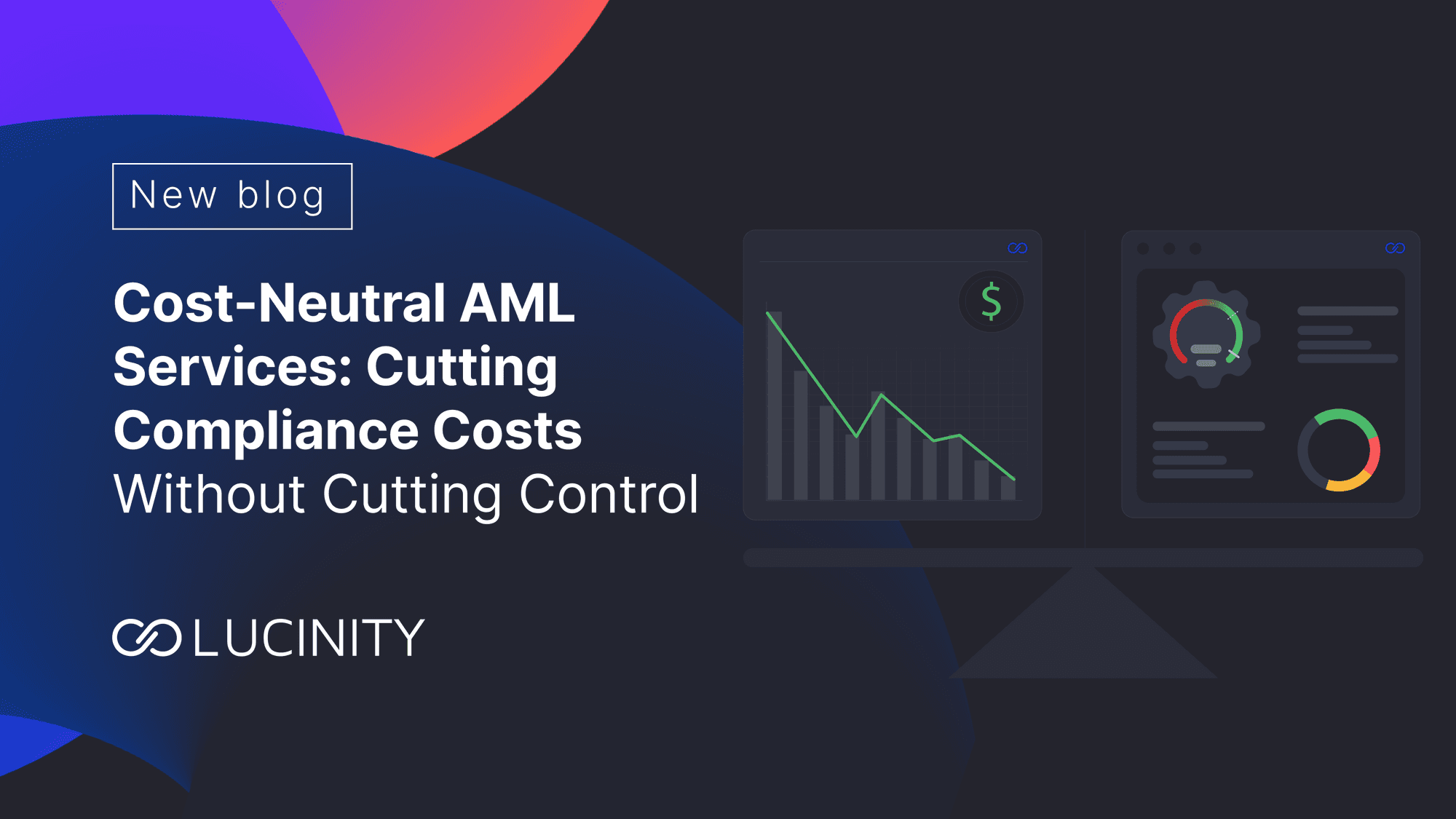The Harvard AI Study Series: AI Makes Work Feel Better Too—Harvard Proved It, and Luci Shows It Every Day
Most conversations about AI focus on speed and efficiency, but there’s a quieter impact that matters just as much: how it changes the experience of work. With Luci, we’ve seen that when AI reduces friction and uncertainty, people think more clearly and feel more in control.
This is a follow-up to the blog I posted here:
- Can AI Be a Teammate? Harvard Says Yes—and We See It Every Day with Luci
- More from the Harvard Study: You Don’t Have to Be an AI Expert to Benefit from It
We’ve talked a lot about how AI boosts performance, saves time, and helps people do more. But one of the quieter findings in the Harvard study was maybe the most important:
People who used AI felt better.
Not just more productive. More positive. Less frustrated. More energized.
That matters. A lot.
The Emotional Lift
In the Harvard field experiment, professionals using generative AI didn’t just deliver better results — they reported feeling better while doing it. Stronger positive emotions. Less frustration. More motivation. And maybe most telling: even individuals working alone with AI felt emotionally similar to those working in human teams.
Let that sink in: just having an AI teammate made people feel more supported, more capable, and more connected — even when working alone.
That emotional lift isn’t a nice-to-have. It’s a sign that AI, when done right, can reintroduce something that's gone missing in a lot of modern knowledge work: psychological safety, confidence, and momentum.
This isn’t about AI replacing camaraderie. It’s about how a well-designed system can reduce pressure, help people think more clearly, and make the experience of work less draining.
Why This Matters
When we talk about AI adoption, the conversation usually goes straight to productivity or cost. But that misses what’s happening to the people doing the work.
People don’t just want to be more efficient — they want to feel like what they’re doing makes sense. They want fewer blockers, fewer dead ends, and fewer hours wondering if they’re missing something obvious.
AI helped:
- Make progress feel clearer.
- Reduce the invisible friction in thinking.
- Create a sense of momentum and capability.
These aren’t soft benefits. They’re the conditions for good thinking — and sustained creative output. When work feels better, people do better work.
What This Means for Luci
At Lucinity, we’ve always believed Luci shouldn’t just make work faster. She should make it feel better.
We’ve seen it in practice:
- Analysts talk about feeling less alone when Luci helps them sort through an alert.
- Junior team members feel more confident sharing insights because Luci helped them build a strong case.
- People say things like “It’s like having a smart teammate that doesn’t get tired.”
Luci is built to make the day feel less chaotic and more focused. Not just to close cases faster, but to help people stay sharp, engaged, and proud of the work they do.
So yes — performance matters. But energy, clarity, and confidence matter too.
AI can give us all three.
(Original study: The Cybernetic Teammate – Harvard Business School)





